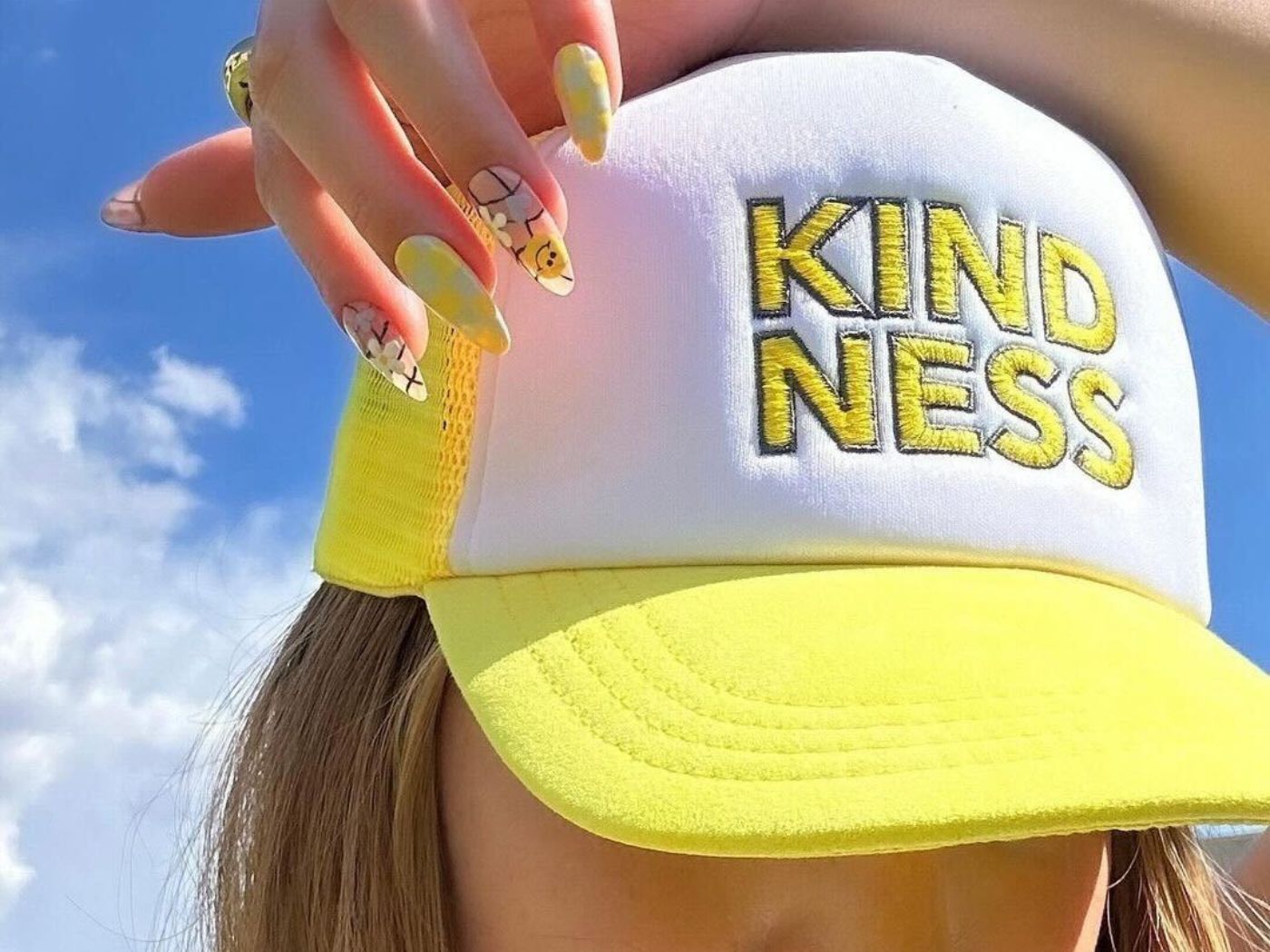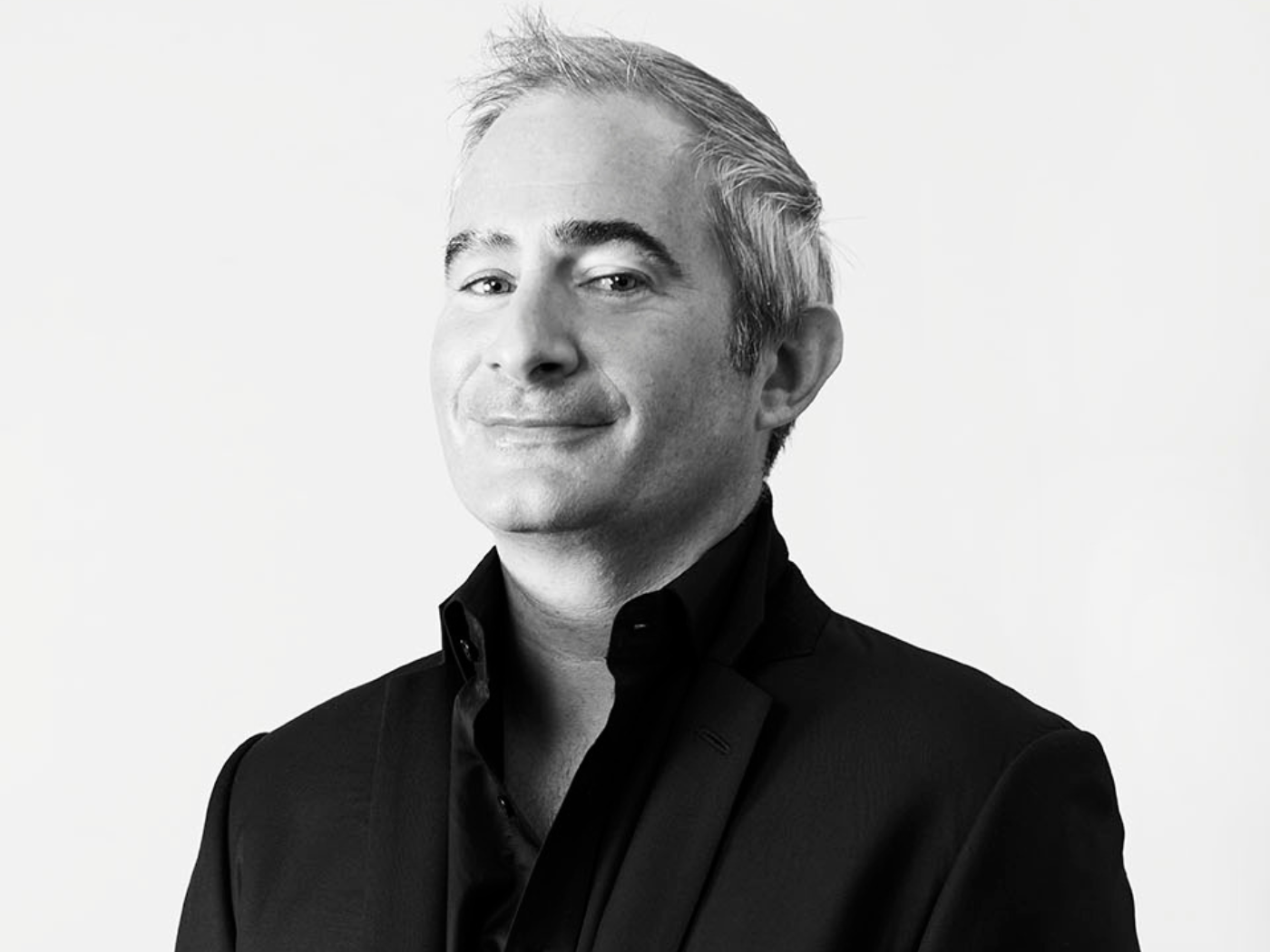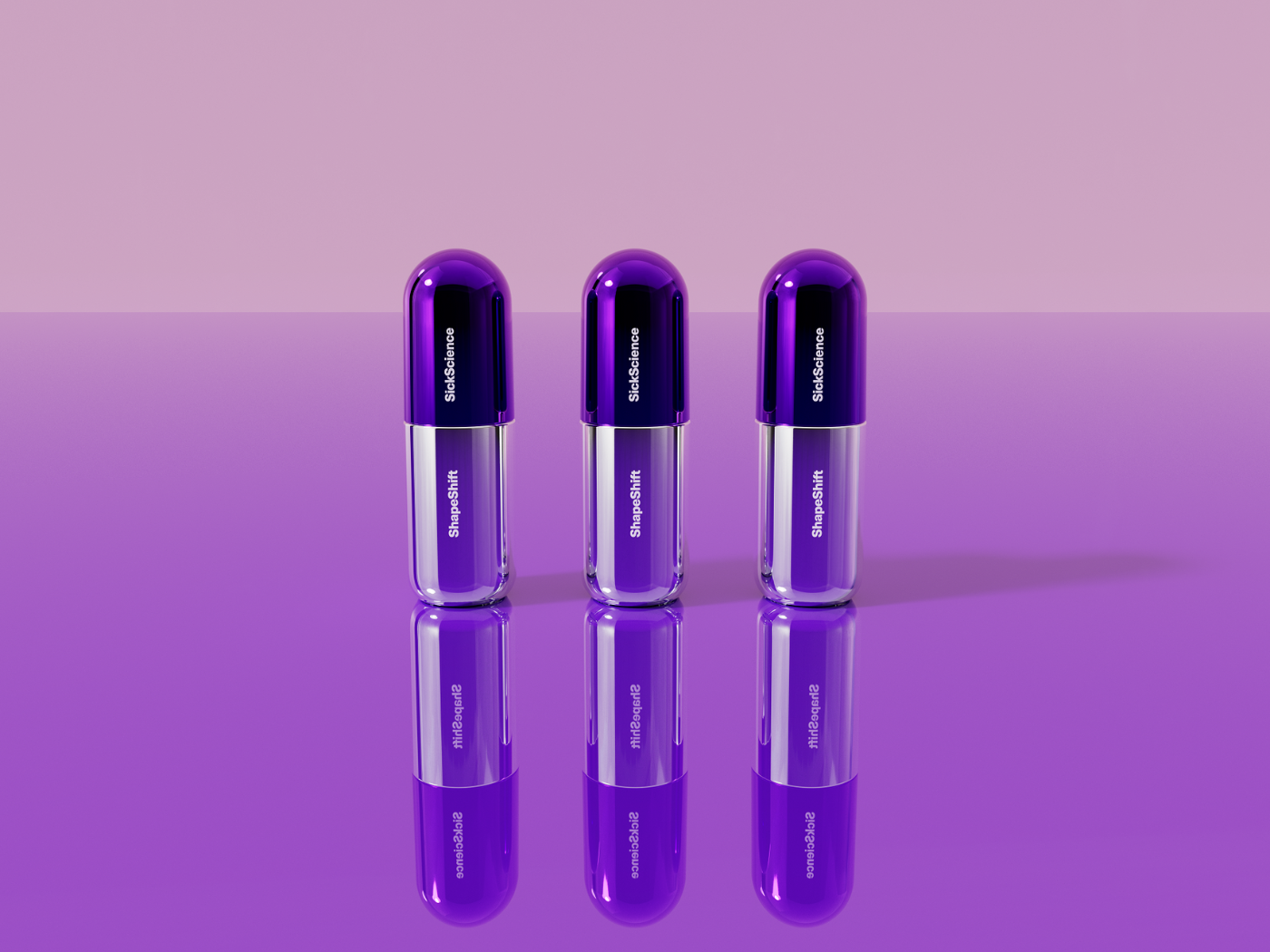As director of business development, Vincent Hsu, Director of Business Development, Perfect365, is responsible for identifying new partnerships with beauty brands ready to connect with beauty lovers on a digital platform. For the last 12 years, Vince has worked with parent company ArcSoft, a pioneer in face detection technologies, and now Perfect365, a digital makeup app, to grow to 80 million users worldwide, primarily made up of millennial women.
Celebrities snap-chatting their makeup looks. YouTubers showing how to recreate the newest makeup trends the same day it appears. Celebrity makeup artists, such as, Kabuki and Mario, being pushed to the media forefront. Kylie Cosmetics building an entire empire with social media marketing. It’s clear that a revolution is happening in the beauty industry. It’s the Digital Beauty Evolution, and the millennial beauty buyer is the driving force.
A recent study conducted by beauty research company, Poshly, commissioned by Bay Area Beauty Association and digital app Perfect365, offers several key insights for beauty brands to this new Digital Beauty Evolution driven by the millennial buyer. (Click here for infographic and report). Of the 175 female respondents ages 18- to 35-years old, 94 percent reported buying makeup regularly, with 65 percent having purchased makeup on a smartphone. But the baffling piece of this puzzle is that 72 percent of these women would rather buy cosmetics within stores. Why? For this generation seeing is not believing, seeing what it looks like on them is. This is the promise of the Digital Beauty Evolution, where beauty buyers can engage with the brands they love and replicate the in-store ‘try before you buy’ experience.
According to Sinead Norenius-Raniere, Board Member of the Bay Area Beauty Association (BABA), “How beauty brands market and sell to millennials has changed dramatically from previous generations. Traditional advertising and hard-sell marketing campaigns don’t cut it. Innovative brands are focused on how they can engage and interact with this generation, particularly online. They want to be able to replicate the in-store experience on their smartphones.”
The Digital Influencer Relationship and Digital Makeup
More than 80 million strong, the millennial generation is connected to a device at all times of the day. Practically born with a cellphone in their hands, they’re able to get all types of information about a beauty product, even before it’s on store shelves. With the death of the traditional beauty salesperson, millennials are now the experts. It’s all about trust—and the trust isn’t created on the sales floor—it all starts online before they step foot in the store.
Armed with knowledge acquired from their peers on social media or trusted YouTube beauty gurus, often they know more than the person selling it. In fact, 65 percent trust the makeup recommendation of a makeup artist or beauty guru on Instagram or YouTube over a salesperson in the store, even if they’ve worked with them before.
Trying out makeup before you buy it used to be time-consuming, frustrating and sometimes confusing. Imagine how many times a woman applies and reapplies lipstick colors before making a purchase. Instead, today’s millennial woman has already researched the lipstick she wants by reading or watching YouTube beauty influencer reviews, and most likely tries it on with a digital makeup app. About 72 percent of the respondents reported that they would like to try on makeup using their smartphone before they buy. The “beauty guru” or influencer plants the seed of what lipstick they’re reviewing, causing the consumer to immediately want to find out more. Does that mean jump in the car and head to the mall? For some, it sure does. But for many who are privy to the power of digital beauty apps, they don’t have to leave the house just yet.
“The ‘try before you buy’ phenomenon is driven by the millennial beauty buyer. They want to know what a product will look like when it comes out of the box and ideally see how it looks on them before they commit to a purchase. Digital beauty apps, such as Perfect365, provide a way to test out new makeup and hairstyles virtually and ignite deeper engagement prior to purchase,” says Doreen Bloch, CEO and Founder at Poshly.
Opportunities for Brands in the Digital Age
With rapidly growing advancements in digital makeup, it is becoming increasingly easier for beauty brands to reach their audiences and tap into their needs. About 78 percent of millennials say they are more inclined to purchase a makeup product from a brand online if they could virtually see what it looks like on their face before purchasing—this is huge, especially for indie brands that only have an online store.
Gaining the trust of the social media influencer community, and having the product accessible virtually in the palm of the millennial hand, is a big step in pushing business ahead in the digital living arena. Millennials present a huge opportunity for beauty brands that are looking to build a community around their brand whose ability to share and influence their peers is unmatched.



